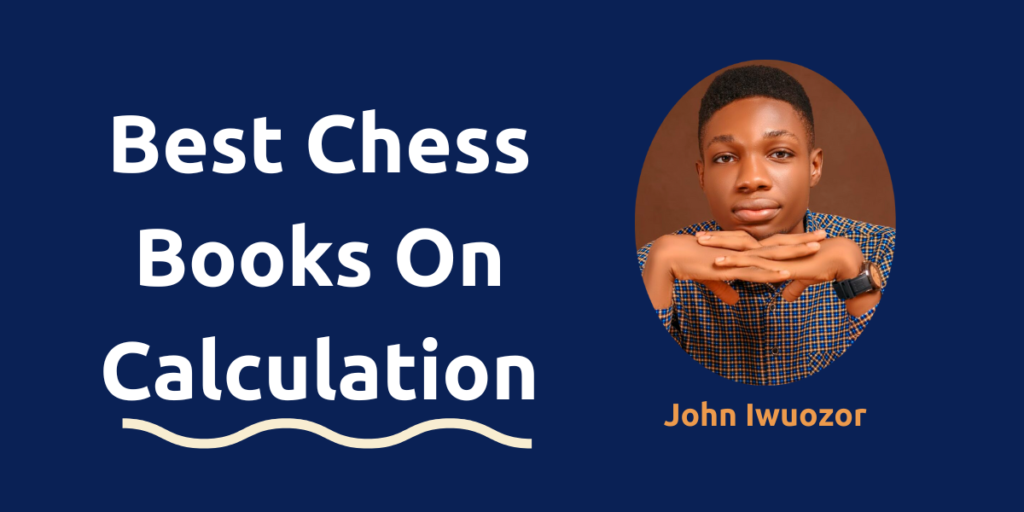Chess can be a complex yet thrilling game, and to get better at it essentially requires practicing with a good strategy.
One such strategy involves going through chess books, particularly those focused on chess combinations and exercises.
With these types of books, you can’t usually go wrong – the more you solve, the better you become.
In this article, I’ll delve into some of the books that can help your calculation skills in chess.
Chess: 5334 Problems, Combinations and Games by László Polgár

The first book on this list comes packed with a lot of chess combinations, starting with mates in one, moving to mates in two and three, and keeps escalating.
The difficulty level gradually increases, starting with easy combinations and then moving on to harder ones.
However, this book isn’t exclusively for combinations. It also offers valuable ideas from tournament games and more.
This hefty book, with an impressive length of 1104 pages, makes it a worthwhile read for any chess player.
Whether you are a raw beginner just grasping the basics or a player with more advanced skills, this book has something for everyone.
Chess Training Pocket Book: 300 Most Important Positions by Lev Alburt

The second book I am recommending is the “Chess Training Pocket Book,” which hosts 300 very instructive positions that could frequently occur in your games.
This book tests your instincts, develops your intuition, and covers a lot of instructional ideas.
Although the cover looks a bit questionable (lol), it’s indisputably a very nice and useful book.
Practical Chess Exercises by Ray Cheng

“Practical Chess Exercises: 600 Lessons from Tactics to Strategy” is the next book on this list.
This book presents an interesting take on chess exercises.
Instead of traditional strategies, it challenges you to find the best moves in various positions, without knowing the complexity of the exercise.
Just like in your live games, you never know whether you are going to be dealing with a hard combination or an easy one, and you need to stay prepared for everything.
This book is remarkably useful to improve your chess skills and strategic advantage, and it doesn’t always have to be about checkmating the opponent’s king or winning a piece.
Imagination in Chess: For More Advanced Players by Paata Gaprindashvili

Another book I recommend is “Imagination in Chess.”
This book is specifically catered to the more advanced learners and maybe a bit daunting for newcomers to the game.
This book assists in fostering your creativity in chess, encourages you to think outside the box, and showcases the techniques for thinking about these combinations and ways to calculate them.
I would recommend this book for any players with 1800+ Elo rating points.
If you are serious about your chess, this is a book that I would highly recommend to you.
Final Thoughts
These are just some of my preferred chess combinations books.
However, the breadth of chess literature is vast, and there are numerous other amazing books out there.
I hope you found this guide useful.
